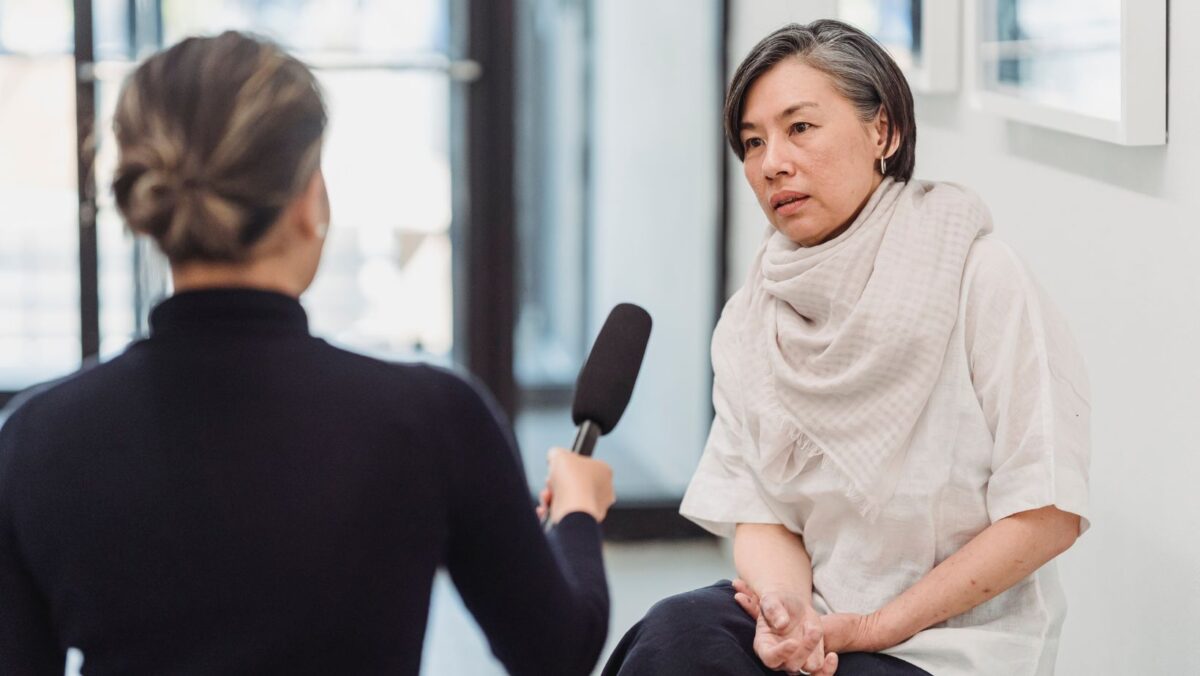Are you looking to hire a designer for your company or project? Interviewing designers can be a crucial step in finding the right fit for your needs. However, it’s important to approach the interview process with clarity and purpose. In this article, I’ll share some valuable tips on how to interview a designer effectively.
First and foremost, it is essential to prepare well before conducting an interview. Take the time to review the designer’s portfolio thoroughly and familiarize yourself with their work. This will allow you to ask specific questions about their projects and gain a deeper understanding of their design style and capabilities.
How to Interview a Designer
Before heading into an interview with a designer, it’s essential to thoroughly research their portfolio. This will give you valuable insights into their style, expertise, and past work. Take the time to browse through their website, social media profiles, and any other online platforms where they showcase their designs.
As you delve into their portfolio, pay attention to the following:
- Design Aesthetics: Look for consistency in their design style and aesthetic preferences. Do they have a particular niche or specialization? Understanding their design approach will help you assess whether it aligns with your project requirements.
- Quality of Work: Evaluate the quality of their previous projects by analyzing the level of detail, creativity, and overall execution. This will give you an idea of how well they can bring your ideas to life.
- Relevant Experience: Look for projects that are similar to what you’re envisioning for your own project. Seeing examples of relevant work can provide reassurance that the designer has experience in your specific industry or design area.
By conducting thorough research on the designer’s portfolio beforehand, you’ll be better equipped to assess whether they possess the skills and style that match your expectations.
Preparing a List of Questions
One crucial aspect of interviewing a designer is preparing a list of thoughtful questions. These questions should go beyond basic inquiries about availability and rates; instead, aim to gain deeper insights into their creative process and problem-solving abilities.
Consider asking questions such as:
- How do you approach understanding clients’ needs and objectives?
- Can you describe a challenging project you’ve worked on? How did you overcome obstacles?
- What software/tools do you typically use in your design process?
Creating a set of well-thought-out questions allows you to gauge the designer’s expertise while also demonstrating your own preparedness as an interviewer.

Creating a Structured Interview Format
To ensure a productive and organized interview, it’s beneficial to establish a structured format. This helps create a consistent experience for both you and the designer, allowing for effective evaluation of their skills and compatibility with your project.
Consider the following elements when structuring the interview:
- Introduction: Begin by introducing yourself and providing an overview of your project goals.
- Portfolio Review: Take some time to discuss specific projects from their portfolio that caught your attention. Ask questions about their process, challenges faced, and outcomes achieved.
- Skills Assessment: Assess the designer’s technical skills through practical exercises or by requesting them to explain certain design concepts or techniques.
- Collaboration Style: Inquire about their communication preferences, working style, and ability to collaborate with other team members if needed.
- Project-Specific Questions: Tailor some questions specifically to your project requirements, focusing on how they would approach solving any unique challenges it presents.
By creating a structured interview format, you’ll be able to effectively evaluate each candidate based on predetermined criteria while ensuring that essential aspects are covered during the conversation.
Remember, preparation is key when interviewing a designer. Researching their portfolio thoroughly, preparing insightful questions, and establishing a structured interview format will help you make informed decisions in selecting the right designer for your project.

